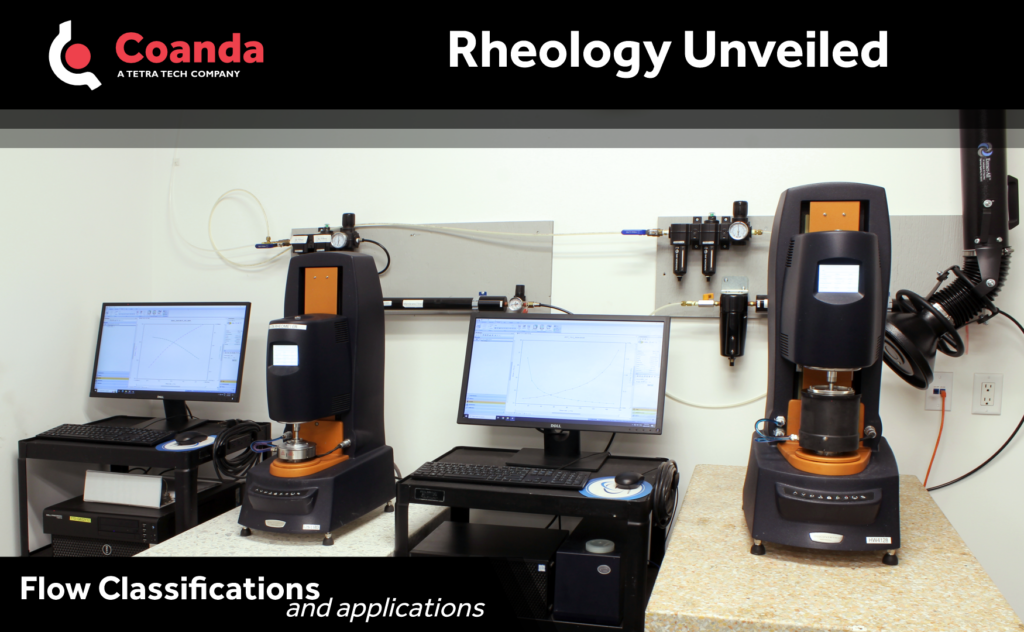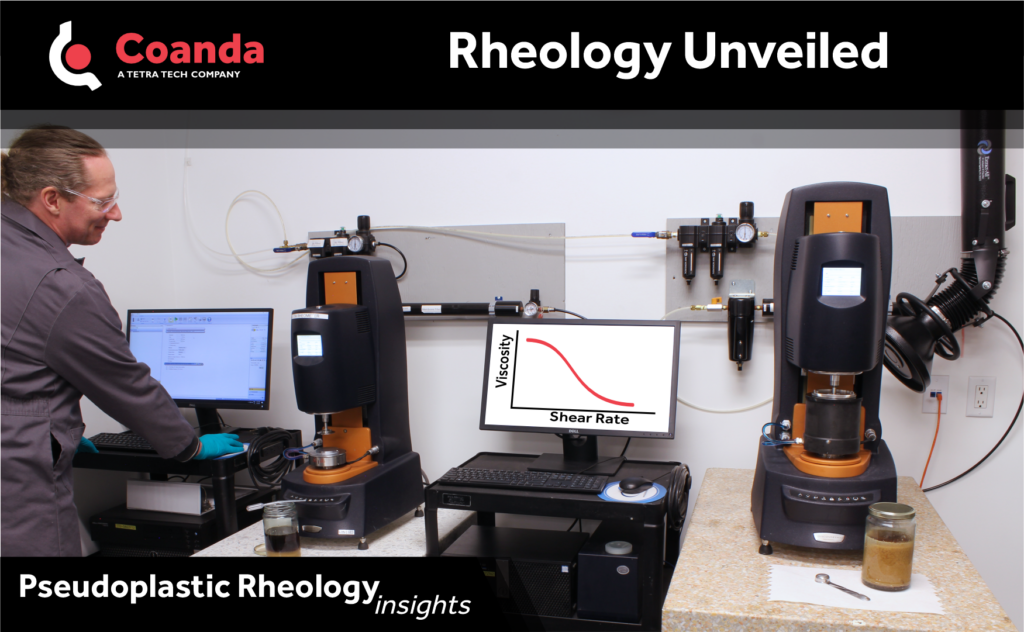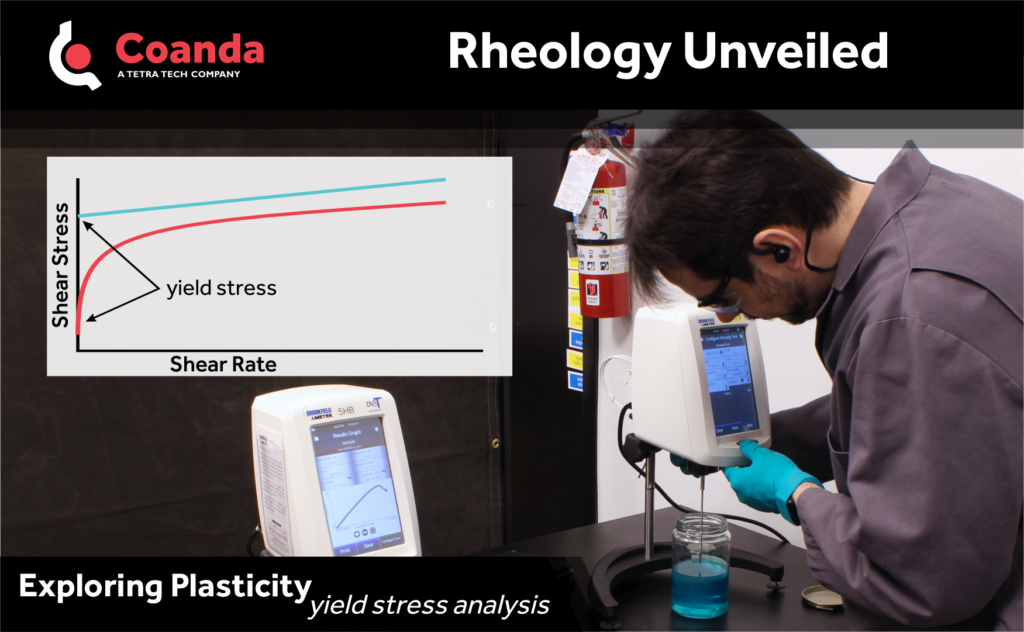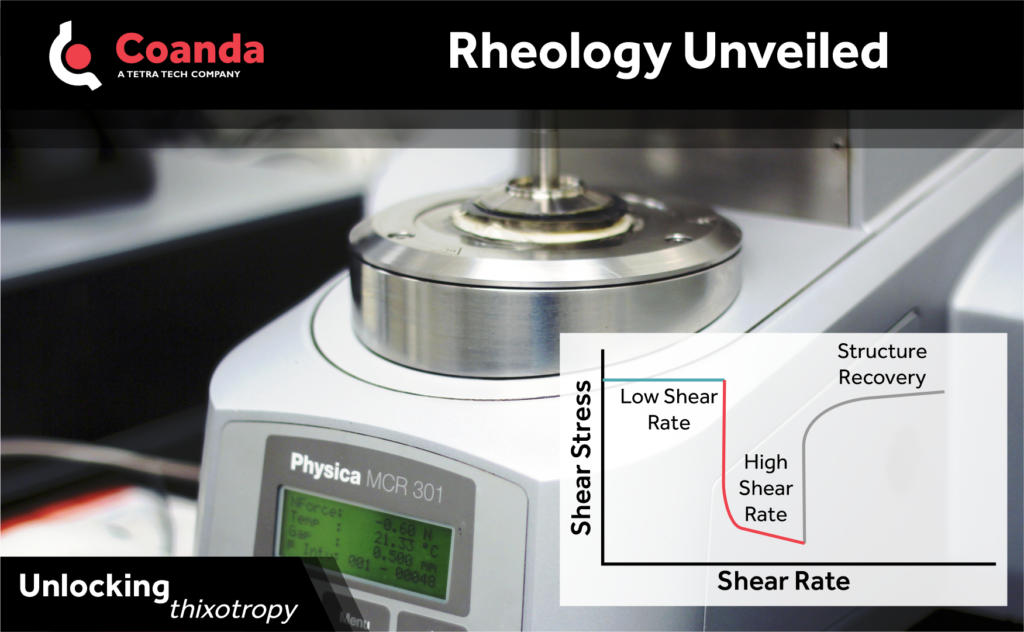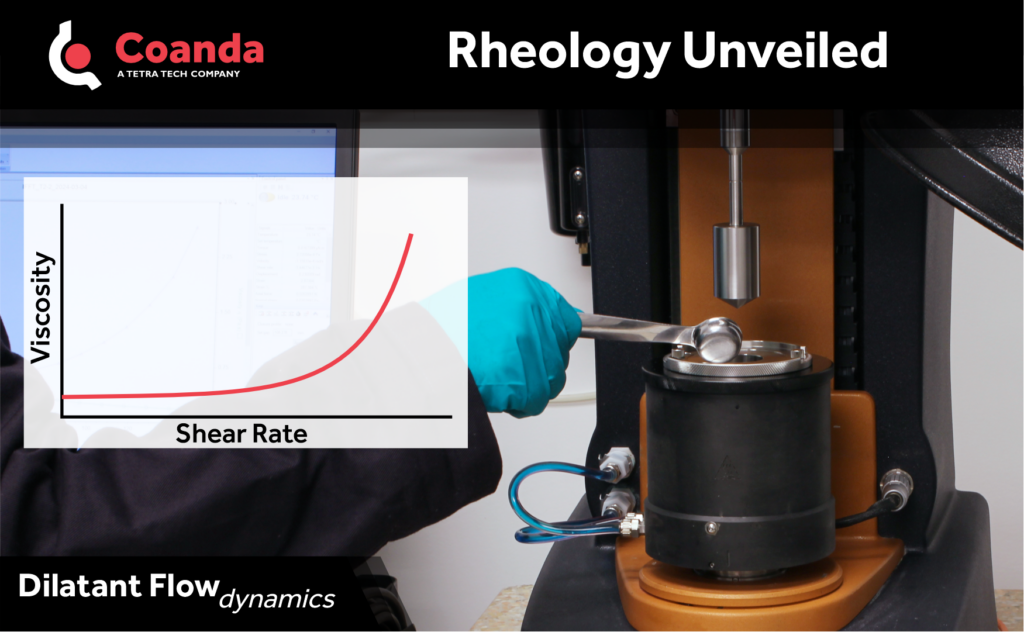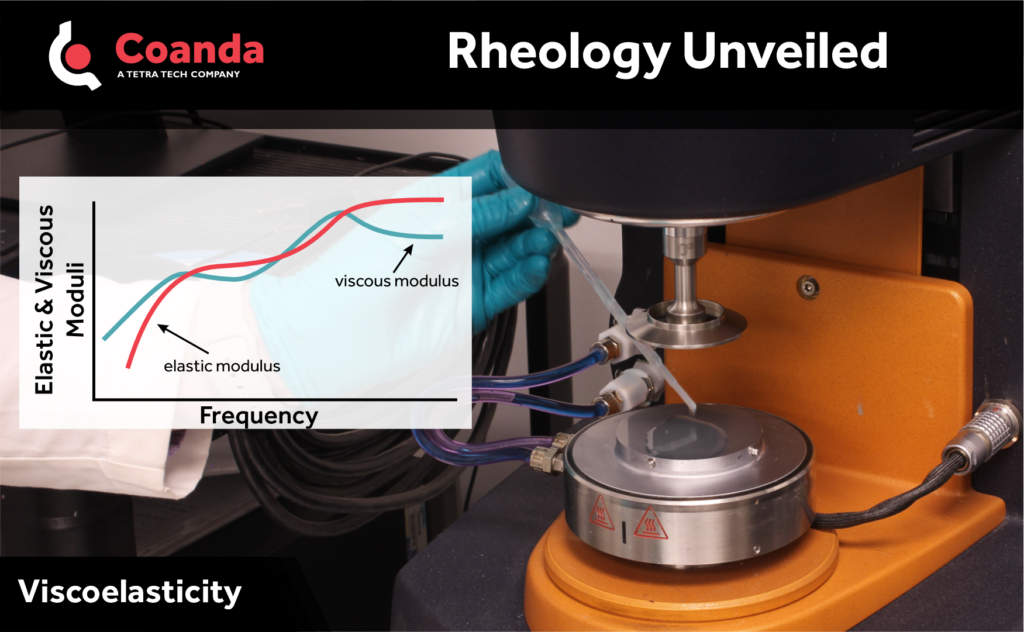The Flow of Matter
Rheology is the science of deformation and flow of matter, characterizing how a material deforms or flows in response to an applied force. Although this field is primarily focused on the flow of liquids, rheology also applies to some solids under certain conditions. Much of the work carried out in this field deals with the behaviour of non-Newtonian fluids such as mud or slurry, suspensions, polymers, bodily fluids and foods.
Such fluids routinely feature across many industries including:
- geology, mining and soil mechanics
- concrete technology
- plastics, polymers and composites
- paints and pigments
- tribology (bearings and lubrication)
- cosmetics and toiletries
- pharmaceutical
- bioengineering
- pulp and paper
- food, etc…
Rheology provides the properties required for process design, such as viscosity and yield stress, or to assist in product development or optimization of the processing technology and formulation.
analyzing a sample with a rheometer
preparing a mixture for analysis
Measurement Strategy
Various measurement methodologies are available for rheological characterization depending on the nature of the samples of interest and the objectives of the study. A commonly used tool in such characterization is the rheometer.
Coanda has amassed a collection of these, including commercially available models as well as custom-built instruments designed in-house to allow unconventional materials to be studied. This equipment allows for the study of a variety of measurements including:
- Steady-shear flow measurements
- Transient-shear flow measurements
Such measurement techniques provide important information about yield stress, thixotropy, rheopexy and steady flow curve, however they only provide a piece of the complete rheological characterization of a system. To study the response of the microscopic structures of a material to external forces, Coanda also offers dynamic oscillatory experimental services.
In addition to rheometers, Coanda also uses other advanced measurement techniques such as ultrasonic Doppler velocimetry to further characterize rheological properties.
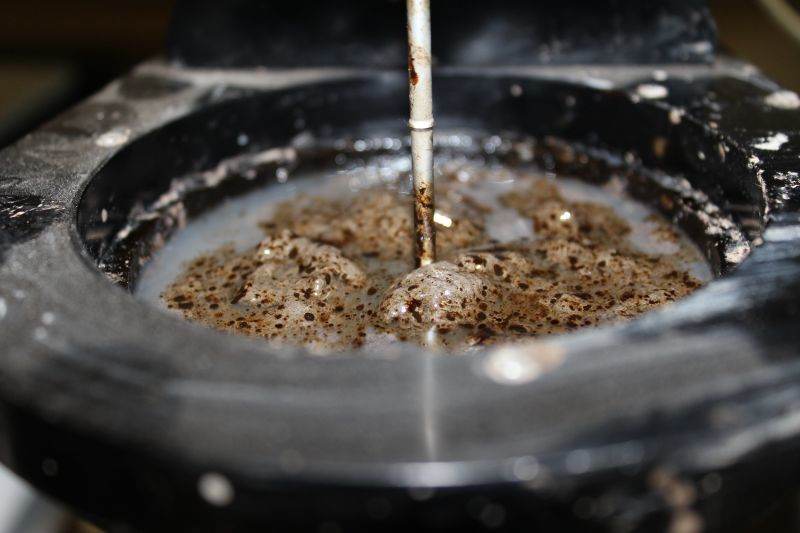
material sample in rheometer
Rheology Unveiled
Take a deeper dive into rheology, its characteristics and its challenges.
Click on each section header to read more:
Industrial Collaboration
Over the years, Coanda has worked with numerous clients on projects involving rheometry measurements to characterize various fluids. As a result of our ongoing work in rheology, one of the world’s foremost rheometer manufacturers, Anton-Paar recently collaborated with Coanda to deliver a joint-venture industrial training course on Rheology hosted at our Burnaby location.


